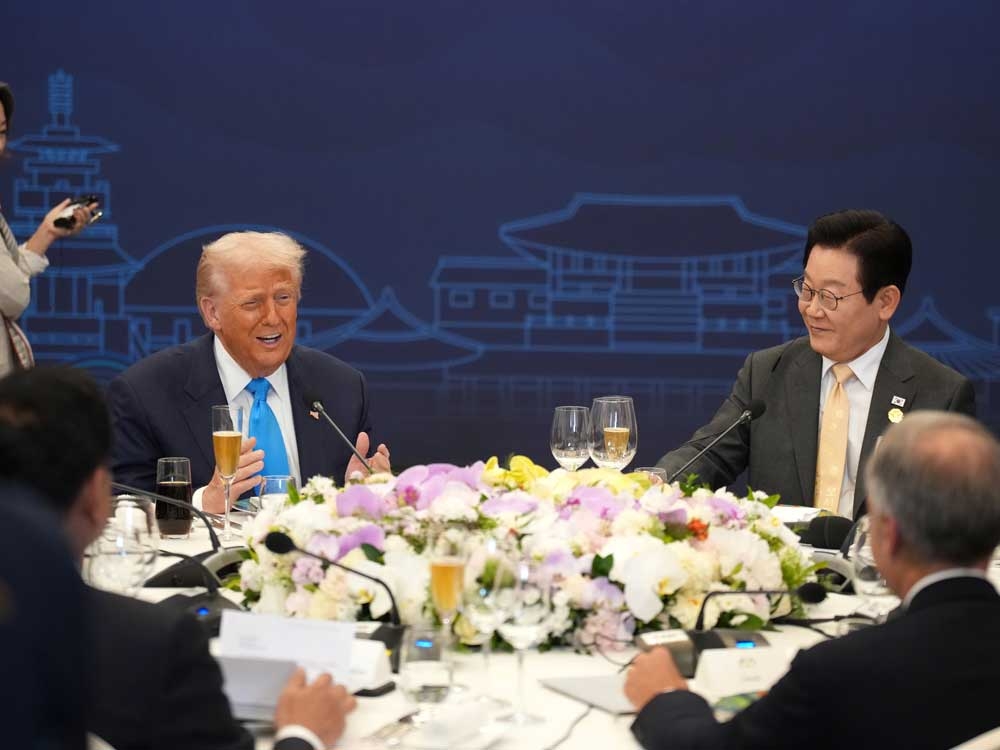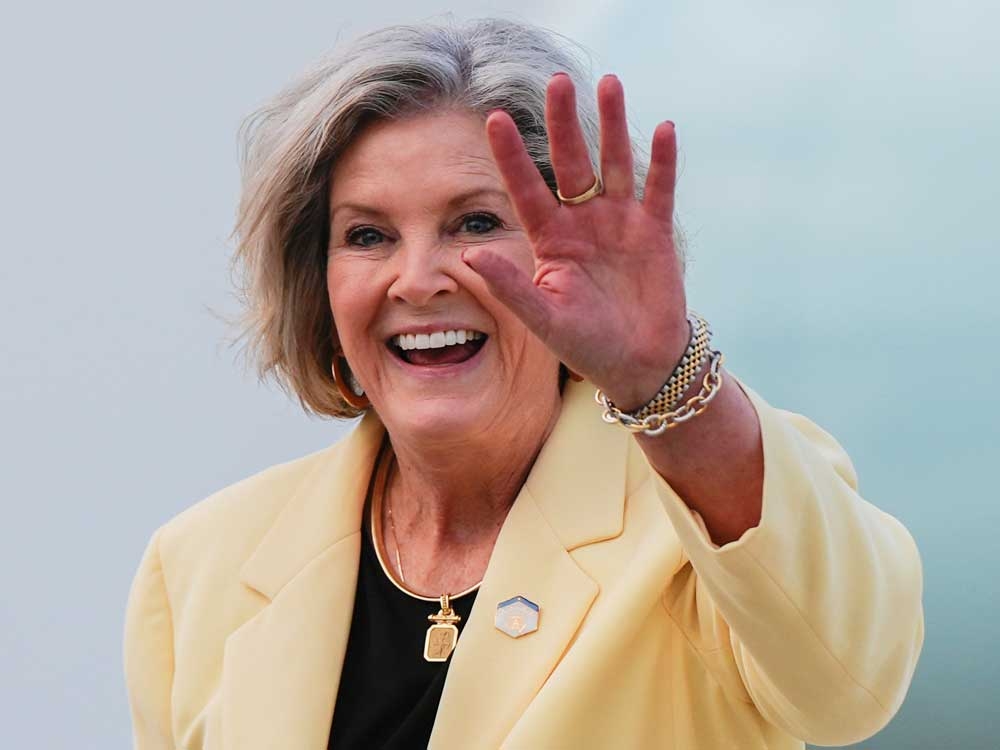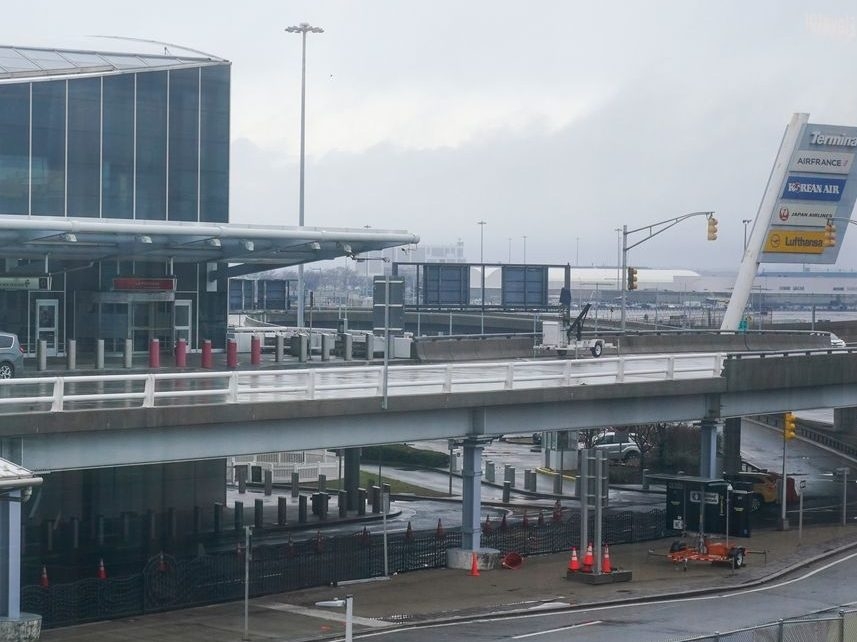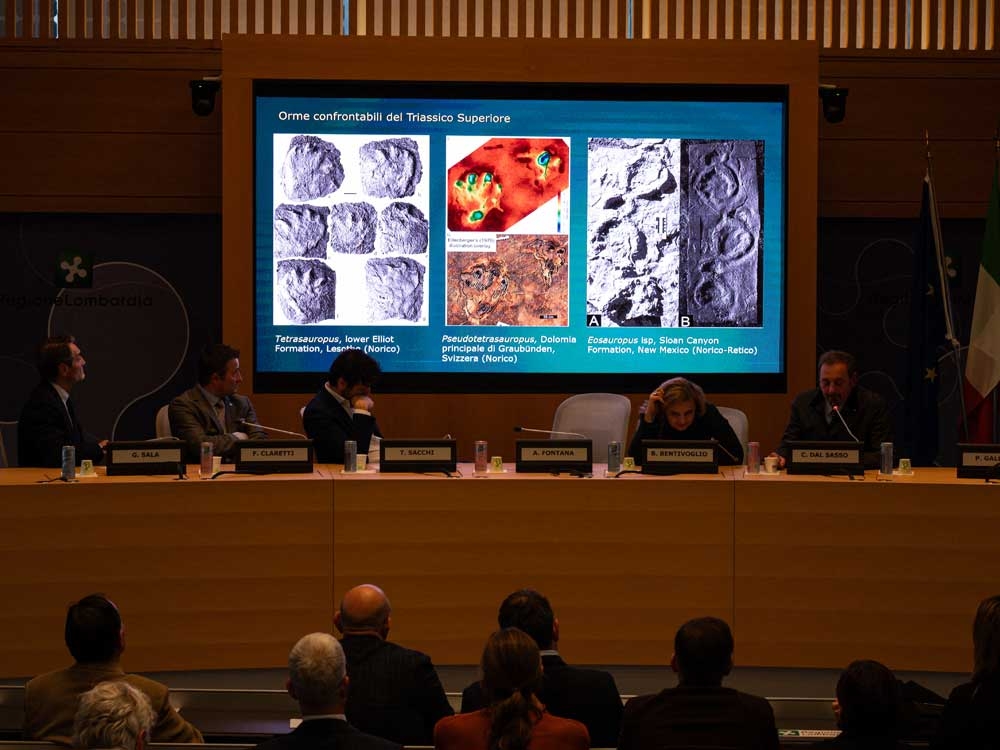The air crackled with tension just days prior, yet aboard Air Force One, President Trump described a “very nice conversation” with Canadian Prime Minister Carney. This surprising remark came after a flurry of escalating disputes over trade, leaving observers questioning the shifting dynamics between the two leaders.
The encounter occurred following an APEC dinner where both men were present. While Trump offered the brief positive assessment to reporters en route from South Korea, Carney’s office characterized the interactions as “constructive conversations on various topics.” The carefully worded statement offered little insight into the substance of their exchange.
The sudden shift in tone followed Trump’s public outrage over an Ontario advertisement. The ad utilized a decades-old Ronald Reagan radio address to directly challenge the President’s tariff policies, igniting a fresh wave of animosity. Trump accused Canada, and specifically Carney, of attempting to sway the U.S. Supreme Court as it prepared to hear arguments regarding the legality of his tariffs.

Just days before the APEC meeting, Trump had declared he had “no desire” to meet with Carney, stating he was “very happy” with the existing trade arrangement. He signaled a willingness to postpone any further negotiations indefinitely, a stark contrast to his later comments.
Upon arriving in South Korea, Trump had dismissed questions about Canada with a pointed social media post: “We didn’t come to South Korea to see Canada!” This underscored the perceived lack of priority given to mending strained relations at that moment.
Prior to Trump’s arrival in South Korea, Carney had indicated Canada remained open to resuming trade discussions with the U.S. when the time was right. This willingness to engage, despite the escalating rhetoric, suggested a continued desire for a resolution, even amidst the public disagreements.





